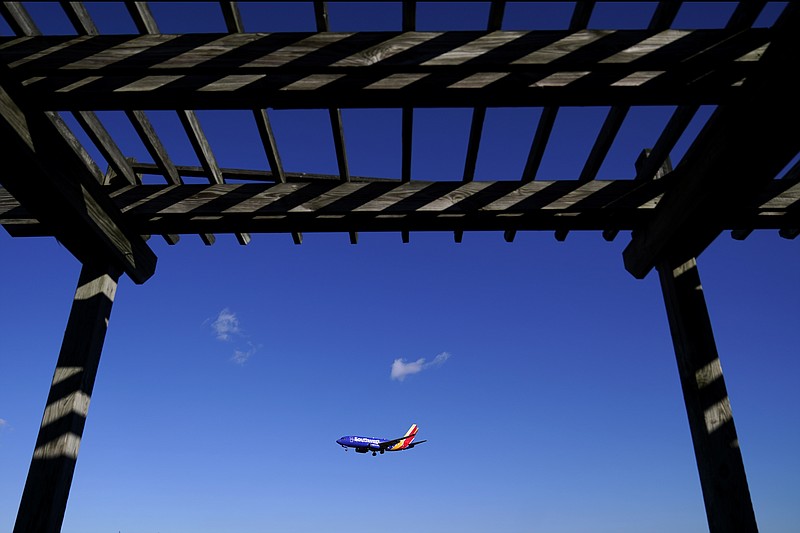With coronavirus cases spiking in the U.S. and Europe, the financial outlook of the world's airlines is getting worse.
The International Air Transport Association on Tuesday predicted carriers will lose a combined $157 billion in 2020 and 2021, almost 60% more than the $100 billion it had suggested in June and five times the deficit racked up during the 2008-2009 recession. It called the crisis "devastating and unrelenting."
"The history books will record 2020 as the industry's worst financial year, bar none," association Chief Executive Officer Alexandre de Juniac said.
The latest estimate breaks down to airlines losing $66 for every passenger carried this year.
However, the trade group now sees a quicker recovery. It said airlines will begin taking in more cash than they spend in the fourth quarter of 2021, earlier than it had previously forecast, on the belief that travel will increase as covid-19 vaccines becomes available.
U.S. airline stocks rose Tuesday on further encouraging news about vaccines. But industry officials are pressuring governments around the world to move more quickly by lifting travel restrictions for passengers who test negative for the new coronavirus.
"We cannot wait for the vaccine that will not be fully available before mid-2021," de Juniac said. "We need testing in the meantime."
Carsten Spohr, Lufthansa chairman and chief executive, called passenger testing "a bridge toward the vaccination of travelers."
Airlines and airports have started trial testing programs in the United States, the United Kingdom, Germany and elsewhere. It is unclear, however, whether test results will ever replace quarantines and other restrictions.
Qantas CEO Alan Joyce said that once vaccines are widely available, the Australian carrier will likely require cross-border travelers to show proof of vaccination.
Last year, airlines carried 4.5 billion passengers, according to the trade group. It estimates that number will plunge to 1.8 billion this year, then rise to 2.8 billion next year. Passenger revenue is expected to decline 69% this year, but cargo loads are expected to rise next year partly from the shipment of vaccines.
The biggest concern is that the industry will run out of cash before the vaccine boost kicks in, with carriers having reserves for only 8.5 months, based on the median figure, association Chief Economist Brian Pearce said in a presentation.
A spate of airline failures is therefore likely without further government help on top of $173 billion already received, he said. Carriers in emerging markets where vaccines might not be available until 2022 are most vulnerable.
Willie Walsh, the former CEO of British Airways parent International Airlines Group SA who takes over from de Juniac in April, criticized countries for effectively barring people from traveling and said he aims to change attitudes among policy makers.
"We know they want to fly," he told the association's online annual meeting after being confirmed in the role. "But they have been denied that freedom by a disjointed political response and certain governments which failed to adopt measures that would have allowed services to continue."
Information for this article was contributed by staff members of The Associated Press and by Christopher Jasper and Charlotte Ryan of Bloomberg News.
